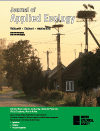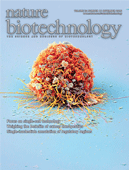 Nature Biotechnology has issued an editorial expression of concern (EOC) for a widely criticized study describing a potentially invaluable new lab tool.
Nature Biotechnology has issued an editorial expression of concern (EOC) for a widely criticized study describing a potentially invaluable new lab tool.
The EOC mentions the lack of reproducibility of the gene-editing technique, known as NgAgo. Alongside it, the journal has published a correspondence which includes data from three separate research groups that cast doubt on the original findings.
According to a spokesperson for the journal, some of the paper’s authors have objected to the decision to issue an EOC.
Earlier this month, we reported on a letter signed by 20 researchers which also raised concerns about the genome-editing activities of NgAgo — and alleged the lab that produced the initial results turned away investigators when they attempted to validate the tool in mammalian cells.
Here’s the EOC, published yesterday: Continue reading Controversial gene-editing study flagged by Nature journal
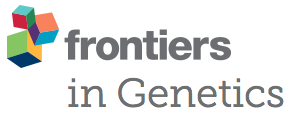
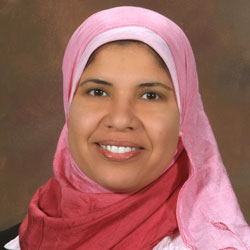
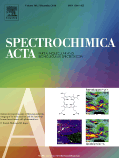
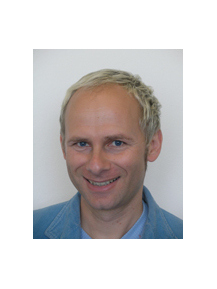
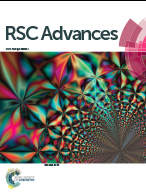
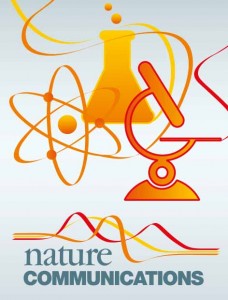 Nature Communications has issued an expression of concern for a 2014 paper by beleaguered surgeon
Nature Communications has issued an expression of concern for a 2014 paper by beleaguered surgeon 